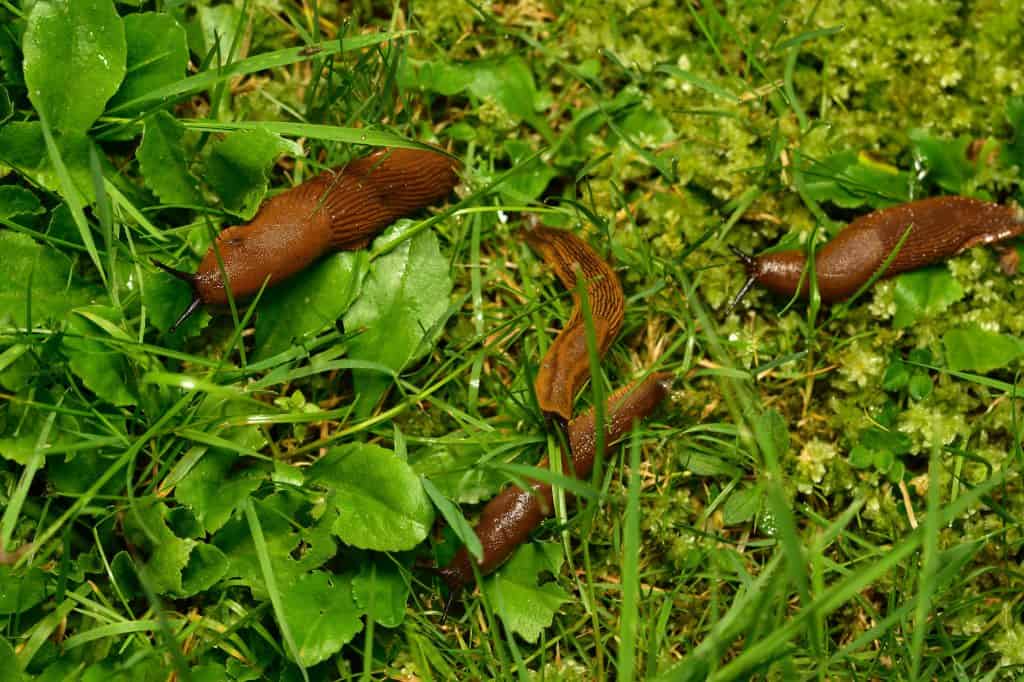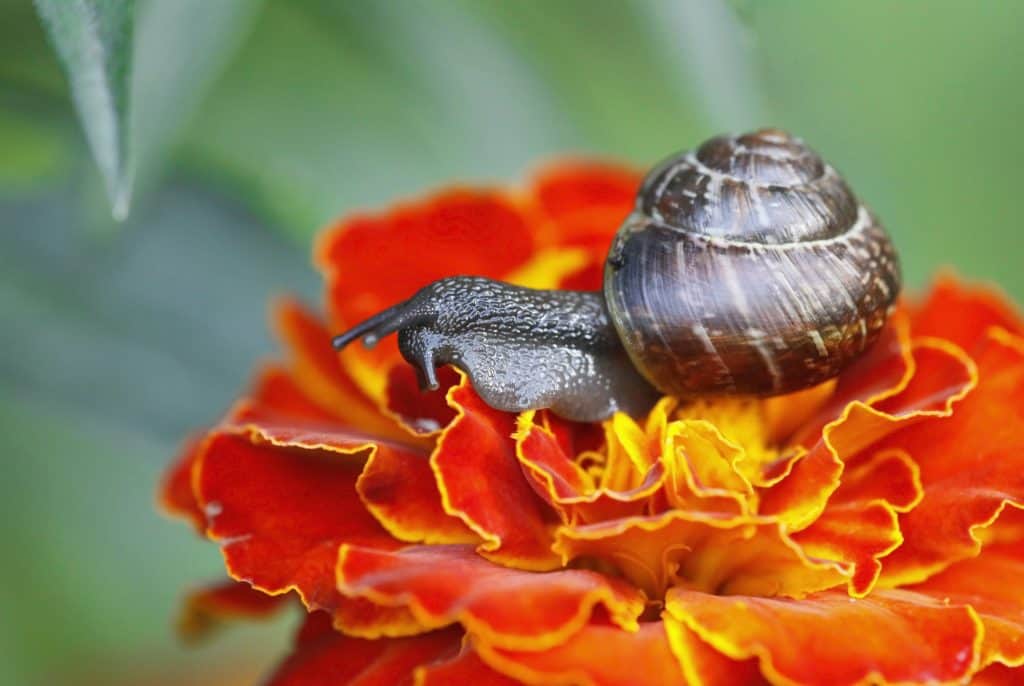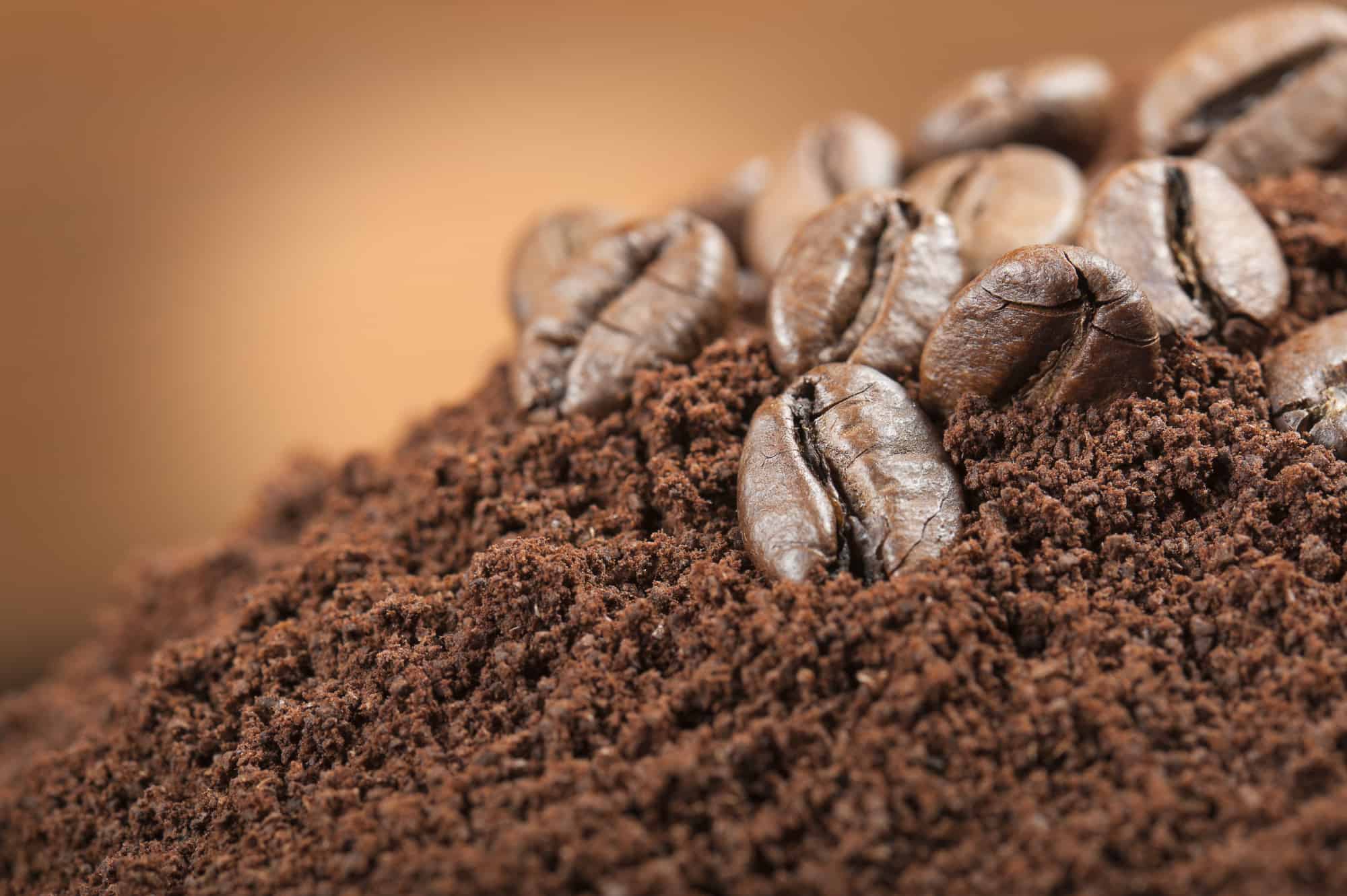If you are passionate about gardening, you probably spend a good amount of time watching over your plants. Whether you grow flowers, herbs, vegetables, fruit, or some combination of them all, gardening takes a great deal of time, attention, and special care.
This care is why most home gardeners, or regular homeowners that simply want to keep their outdoor space looking nice. It’s also why they make sure to keep an eye out for pests!
Though common pests can include multiple types of animals from small rodents to birds to household dogs and cats, two of the most common garden pests are snails and slugs.
Snails and slugs are gastropods, a class of mollusks that is typically characterized by a protective shell worn externally on the backs of snails and internally in slugs.
The Damage Slugs and Snails Can Do
Snails and slugs can be hard to spot with the naked eye but can do a surprising amount of damage to a garden.
How much damage can snails do? Well, they eat living plants of various types as well as the decaying organic matter of dead plants, and they often lay their eggs in compost materials or damp soil, causing their population within your outdoor space to grow over time. Unless, of course, you make the effort to interfere.
If you’re noticing damage to your outdoor plants but aren’t sure if snails and slugs are to blame, look out for tiny bites in leaves or slimy trails.
Everyone from the avid gardener to the casual plant owner will agree that snails and slugs are pesky creatures that prevent gardeners from reaping the benefits of their plants and can even damage the plants themselves.
But how do you get rid of slugs and snails in your garden? Are coffee grounds the real deal, or should you choose another approach? Stick with me, and let’s explore the issue together.

How to Get Rid of Snails and Slugs Ethically
Sometimes, plant owners will become fed up with the damage inflicted on their outdoor space by these pests and attempt to kill their slug and snail population. Gardeners will do this by picking them off one by one as they appear or even using vinegar or salt, which is extremely painful for the animals.
Though this may seem like a quick and easy solution to a pest problem, snails and slugs are not intending to cause issues or stress and are only doing what their instincts tell them to do, which is to eat. Therefore, the forceful eradication of these creatures is ethically questionable.
Additionally, killing the pests won’t actually solve the problem. If all you do is remove the slugs and snails and you don’t take any steps to deter them from your garden or remove the source of interest that is drawing them in the first place, more of them will keep coming back.
In order to eliminate these creatures for good and keep your outdoor space pest-free, you should consider incorporating materials that will make snails and slugs uninterested in your plants.

Using Coffee Grounds
Most coffee drinkers simply toss their used grounds in the trash after drinking their morning cup of joe, never considering that those coffee grounds could be incredibly useful for another purpose.
If you have trouble keeping those pesky gastropods out of your garden, save your coffee grounds the next time you make a fresh pot and give this snail and slug repellent a try.
How Do I Use Coffee Grounds in My Garden?
- Sprinkle them around. First, identify the spots in your outdoor space that you suspect are most affected by snails and slugs. Take a handful of dry coffee grounds and sprinkle them all around the plants in the area. Some gardeners like to apply coffee grounds in rings to make sure the stems are entirely surrounded.
- Apply some to the leaves themselves. Snails and slugs don’t only eat stems and roots; they like to take bites out of leaves, flowers, fruits, and vegetables as well. As you sprinkle coffee grounds around the stems, sprinkle some on the rest of the plant too.
- Observe the area. After applying coffee grounds to the afflicted area of your outdoor space, keep a close watch for several days after. Is there no change in slug and snail activity, or has the damage to your plants noticeably decreased?
How Does It Work?
Based on the research of horticulturists and avid home gardeners, it has been concluded that slugs and snails detest the smell of coffee. Additionally, caffeine, one of the most active ingredients in coffee, is known to greatly slow these creatures down by increasing their mucous production.
Interested in reducing the presence of snails and slugs in your outdoor space but don’t want to harm your plants in the process?
Don’t worry, coffee has no effect on the health of plants and doesn’t damage the pH balance of the soil in the slightest. As far as snail and slug deterrents go, coffee is one of the most natural and non-toxic options available.
If all you have on hand is instant coffee, it could still help to slow down these pests and deter them from the scent. However, regular coffee is stronger-smelling and has higher caffeine content. Some gardeners have even seen progress from spraying their plants with liquid coffee concentrate.
Before attempting this method, make sure to check local regulations concerning soil, as using coffee grounds in your garden may not be allowed in your area.
Other Home Remedies and Commercial Options
Many gardeners will set beer or honey traps in their outdoor spaces, which attract snails and slugs with their sweetness.
Additionally, the utilization of animal pest control can be extremely effective. Chickens and other poultry will greatly improve your slug and snail problem, plus keeping animals like these comes with other benefits like fresh eggs.
If you choose to go the commercial route, most home goods stores sell chemical slug and snail repellent that come in liquid, pod, and granule forms. Though these products will get the job done, they are typically designed to kill the creatures rather than deter them. Additionally, chemicals used in commercial slug and snail repellent can have an adverse effect on plant health.

